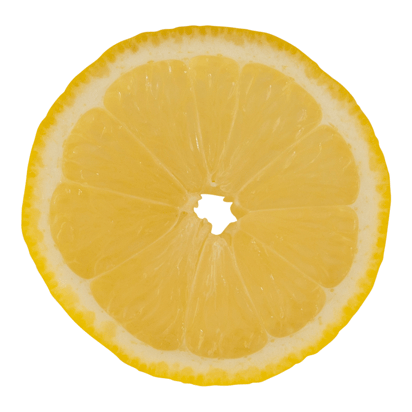Lemons: Important Facts, Health Benefits, and Recipes
Explore the health benefits, history, and culinary uses of lemons, and learn about different varieties and storage tips in this comprehensive guide.

Explore the health benefits, history, and culinary uses of lemons, and learn about different varieties and storage tips in this comprehensive guide.
